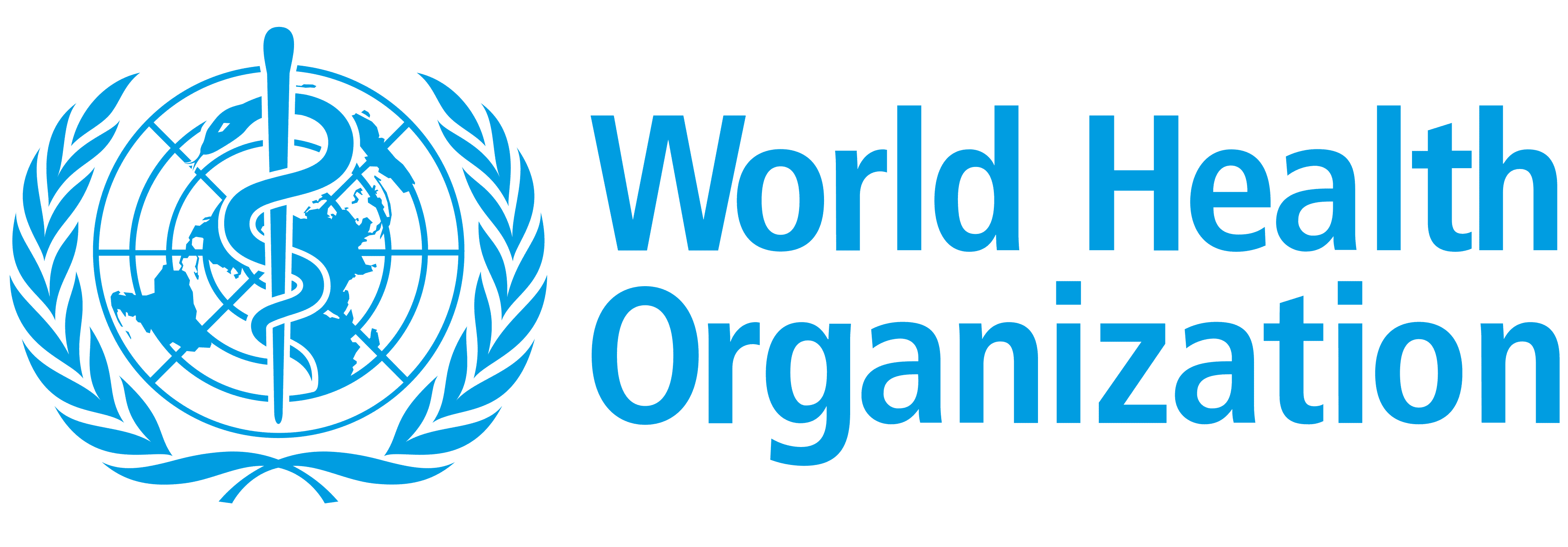Albania | Availability of the guidelines on vector surveillance and control and the experience on mosquitoes control from 2014-2021. | The need to strength the capacity for vector surveillance and vector control. Additional staff in the Vector Control Unit would be helpful for the field work. |
Armenia | Success with respect to vector surveillance and control in the country - sufficient human resources and some field/laboratory equipment | Not sufficient resources to conduct field investigations |
Bosnia and Herzegovina |
|
|
Bulgaria |
|
|
Croatia | Interdisliplinary and multisectoral "One Health" approach |
|
France | Framework regulations.
Active services on the ground for the fight but also for prevention and social mobilization.
The involvement of local communities. | Maintain the mobilization and motivation of stakeholders over the long term, monitoring and the fight must never be relaxed.
The high cost of the plan, with difficulty in determining the benefit/risk to do or not to do |
Georgia | The detection of Aedes mosquitoes, and their monitoring of geographical distribution and spread, as well as planning of insecticide use as success. | Lack of local/regional activities as the main barrier/challenge. |
Germany |
|
|
Greece | Experience - established procedures for routine vector surveillance and control
Experience in laboratory procedures for pathogen (virus) detection in mosquito pools
High vigilance of the vector surveillance and control authorities
Strong commitment of involved stakeholders and staff
Intersectoral work and collaboration - National Committee, Multi-sectorial working groups
Good interpersonal communication and information flow-data sharing (at national and regional level) - networking
Operational preparedness plan for response measures (MoH Circulars i.e. on integrated vector management, and ii. on vector management in case of imported Aedes-borne viruses). | Vector surveillance and control strategy (guidance, legislation, resources allocation, quality assessment)
Use of biocides: availability, access, restrictions of use
Jurisdictions, roles and coordination of responsibilities for vector control at local level
Diversity of experience and planning on vector control among Regions and Municipalities
Procurement procedures: prolonged, not flexible, having an impact on the starting date of annual surveillance and control programmes in certain areas (at the onset of mosquito circulation period)
Resources (in some localities)
Community involvement, acceptance of vector control measures, access in private properties
Quality control of mosquito control programs (targets, methodology)
Entomological surveillance (harmonization of methodologies)
Evaluation of "innovative" technologies in the context of Greece
Citizen science (door-to-door, mobile applications)
Provision of necessary capacity building (training, know-how, staff, costs) - Regular training sessions for staff in charge of vector control and vector surveillance |
Hungary |
|
|
Italy | We are supporting training to motivate staff. |
|
Malta | Aware of areas were the mosquito is most abundant. | Lack of staff to undergo surveillance.
Lack of entomologists to analyse data collected from ovitraps /mosquitoes.
Lack of financial commitment for surveillance and control. |
Monaco | Regular disinsectization and information of the population.
Traps. |
|
Portugal |
|
|
Romania |
| Lack of trained staff.
Lack of an entomological surveillance network.
Lack of national / regional vector control plans. |
San Marino |
|
|
Slovenia | Good collaboration between sectors. | Mosquito surveillance is a project not programme. |
Spain |
|
|
Switzerland |
|
|
Turkey |
| There is no vector surveillance, should be established. |
